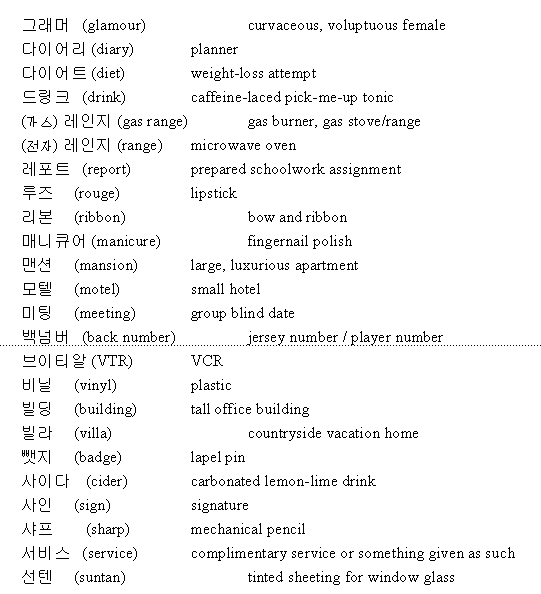

This isn’t, in Yun’s view, a matter merely of accuracy but also of cultural legibility. “This doesn’t just happen once or twice, but on virtually every other page.” It’s as though Raymond Carver had been made to sound like Charles Dickens, he adds. (The article extended an argument that Yun had first made, in July, in the online magazine Korea Exposé.) “Smith amplifies Han’s spare, quiet style and embellishes it with adverbs, superlatives and other emphatic word choices that are nowhere in the original,” Yun writes. The controversy reached many American readers in September of last year, when the Los Angeles Times published a piece by Charse Yun, a Korean-American who has taught courses in translation in Seoul. Though Han had read and approved the translation, Huffington Post Korea asserted that it was completely “off the mark.” Smith defended herself at the Seoul International Book Fair, saying, “I would only permit myself an infidelity for the sake of a greater fidelity.” In the Korean media, however, the sense of national pride that attended Han’s win-not to mention the twentyfold spike in printed copies of the book, which was a fairly modest success upon its initial publication, in 2007-was soon overshadowed by charges of mistranslation. student who had begun learning Korean just six years earlier, was praised widely for her work. In the English-speaking world, Smith, at the time a twenty-eight-year-old Ph.D. In 2016, “The Vegetarian” became the first Korean-language novel to win the Man Booker International Prize, which was awarded to both its author, Han Kang, and its translator, Deborah Smith. “Translation is a more advanced stage of civilization,” Borges insisted-or, depending on the translation you come across, “a more advanced stage of writing.” (He wrote the line in French, one of several languages he knew.)

How literal must a literary translation be? Nabokov, who was fluent in three languages and wrote in two of them, believed that “the clumsiest literal translation is a thousand times more useful than the prettiest paraphrase.” Borges, on the other hand, maintained that a translator should seek not to copy a text but to transform and enrich it. Photograph by Park Sung Jin for The New Yorker Korean critics have lamented the supposed overreach of Han’s English translator.


 0 kommentar(er)
0 kommentar(er)
